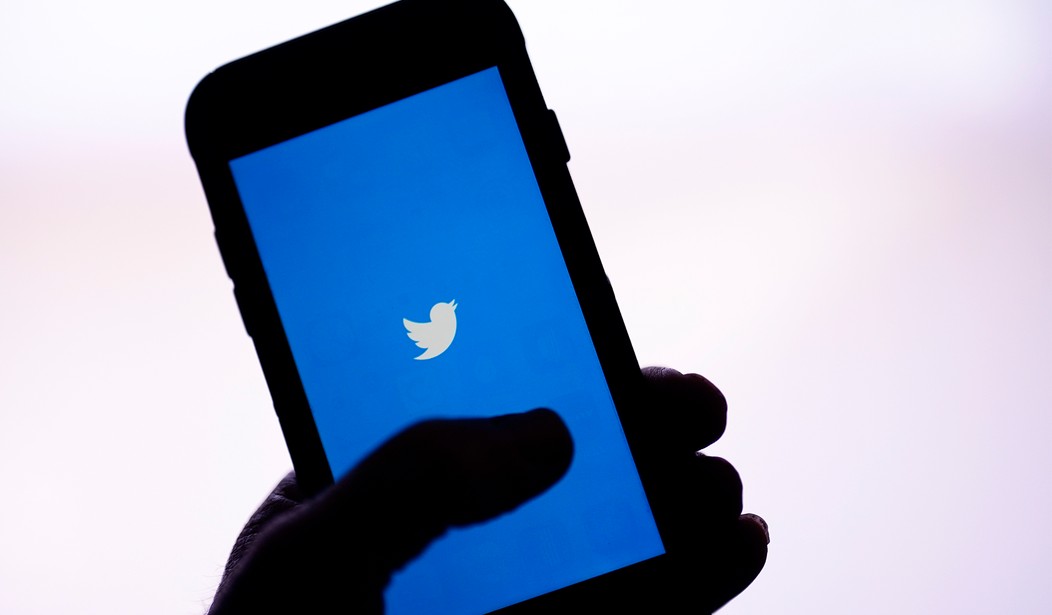Back in 2019, as the presidential race was starting to seriously heat up, Jack Dorsey banned all political advertising on Twitter. In early 2020, Facebook followed suit with a similar rule. This week, however, facing serious revenue issues despite making massive cuts, Elon Musk has apparently thought better of the subject and announced on the Twitter Safety account that the policy was being “relaxed” and that “some” political advertising would be allowed. In the same announcement, he also lifted the ban on “cause-based” advertising. How such advertising will be regulated and who will examine potential ads for their suitability was not specified. (Associated Press)
Twitter says it will ease up on its 3-year-old ban on political advertising, the latest change by Elon Musk as he tries to pump up revenue after purchasing the social media platform last year.
The company tweeted late Tuesday that “we’re relaxing our ads policy for cause-based ads in the US.”
“We also plan to expand the political advertising we permit in the coming weeks,” the company said from its Twitter Safety account.
We believe that cause-based advertising can facilitate public conversation around important topics. Today, we're relaxing our ads policy for cause-based ads in the US. We also plan to expand the political advertising we permit in the coming weeks.
— Twitter Safety (@TwitterSafety) January 3, 2023
This is clearly a move aimed more at increasing revenue for the company than facilitating “public conversation.” Prior to the 2019 ban, Twitter took in roughly three million dollars annually from political ads. That’s not enough to keep the entire company afloat, but it certainly can’t hurt.
Before anyone starts criticizing Musk for “caving” in the name of cash, keep in mind that Facebook lifted its ban on political ads in March of 2021. (Once the election was safely behind them.) All of the supposedly “free” social media platforms rely almost entirely on advertising revenue to stay in business and American politics flushes a massive amount of cash into the ecosystem every year. Nobody wants to miss out on a slice of that pie.
The hilarious thing about the former Twitter ban on political advertising was the rationale that Jack Dorsey claimed was behind it. Speaking of the power that advertisements can wield, he said, “that power brings significant risks to politics, where it can be used to influence votes to affect the lives of millions.”
That was in 2019 and Dorsey actually said that with a straight face. Thanks to the Twitter Files, we now know Dorsey’s team was in the middle of working with the FBI, the CIA, the Biden campaign team, and God only knows who else to directly “influence votes” in favor of the Democrats and the liberal agenda while simultaneously silencing conservative voices. We also learned that Google was using algorithms to promote Democratic advertisements to the top of the search return list while pushing Republican ads toward the bottom. They also set up Gmail to send Republican fundraising emails to the spam folder while flagging the ones from Democrats as being “important.” (Google claims that Gmail does that automatically based on user preferences, which is patently ridiculous.)
What I’m curious about is how the vetting of political ads will be handled at Twitter. They can’t (or at least shouldn’t) just accept all Republican or conservative ads while rejecting liberal and Democratic ones. And yes, I know that’s almost exactly with the other platforms do, only in reverse, but that doesn’t make it right.
For Twitter to survive in the long run and not turn into a $44 billion albatross around Elon Musk’s neck, it’s going to have to be profitable. Advertising will no doubt be a primary piece of that puzzle. But hey… if you sign up for Twitter’s paid premium service, you won’t have to see any advertisements at all. Alternately, you can do what I do and use Tweetdeck. I never see any advertisements.








Join the conversation as a VIP Member